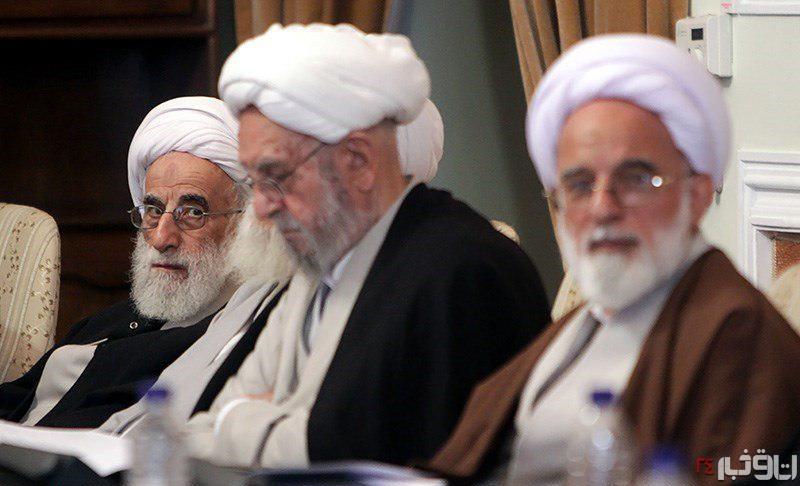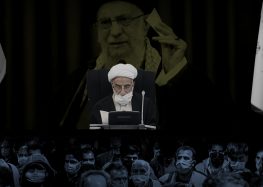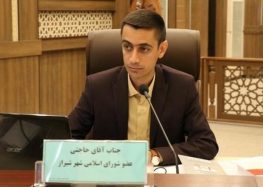Guardian Council Rejects Parliament’s Amended Law Allowing Religious Minorities to Run in Local Elections

Six days after Iran’s Parliament passed an amendment reaffirming the right of minorities to run in local council elections, the Guardian Council’s Spokesman Abbasali Kadkhodaei announced the council had rejected it.
The Guardian Council is a body of six clerics and six jurists that vets laws and elections for conformity with Islamic principles.
In its December 18, 2017, ruling, the council stated that non-Muslims were barred from being elected to local councils in Muslim-majority constituencies and returned the amended Law on the Formation, Duties, and Election of National Islamic Councils to Parliament for revisions.
The Iranian Constitution recognizes Judaism, Christianity, and Zoroastrianism as official religious minorities. However, in April 2017 the Guardian Council invoked a 1979 speech by the late founder of the Islamic Republic Ayatollah Rouhollah Khomeini to justify its exclusion of minorities from running in local council elections.
On December 13, nearly two-thirds of Iran’s Parliament passed the amendment allowing minorities to run in local elections. It states, “Constitutionally-recognized religious minorities living in urban and rural areas of the country can become candidates in council elections in their locality.” The amendment also requires minority candidates to be practicing members of their faith.
The amendment was the outcome of a dispute between Parliament and the Guardian Council over the suspension of Sepanta Niknam, a Zoroastrian who was re-elected to the city council in the city of Yazd in May 2017.
A court in Yazd disqualified Niknam in September 2017 after Ali Asghar Bagheri, a Muslim candidate who did not win a seat in the elections, filed a complaint.
“The Guardian Council’s theologians oppose the election of minorities to local councils and will, therefore, reject this amendment but if the lawmakers hold firmly to their position, the fate of religious minorities will then be decided by the Expediency Council,” said former Zoroastrian MP Koorosh Niknam, Sepanta Niknam’s uncle, in an interview with the Center for Human Rights in Iran (CHRI).
According to Article 112 of the Constitution, the Expediency Discernment Council can issue final rulings when the Guardian Council and Parliament are in deadlock over a piece of legislation.
“Sepanta remains suspended from the Yazd City Council but he has been given a letter from the election board that his case will be followed up in Parliament and by the Expediency Council,” said Koorosh Niknam.






